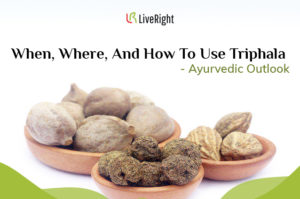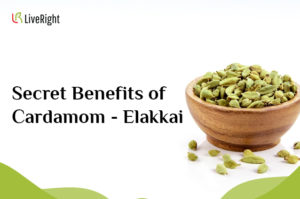Last updated on August 21, 2024 by Dr. Subashri Thanigaivel
Diwali – the festival of light; glowing happiness & love even in the darkest corners of our hearts.
Is it enough to just light up our hearts?
Then on the occasion of Diwali, be a bright sun not by wearing colorful and gorgeous dresses but by following a few steps that could help your entire body glow with energy.
Let’s welcome this Diwali in Ayurvedic tradition.
Diwali in its traditional form
Many of our homes still practice the traditional way of Diwali celebration. This traditional way is more connected with the ayurvedic lifestyle. To list a few;
- Waking up early in the morning
- Taking an oil bath with a specially prepared oil
- Eating Diwali lehyam
- And as usual, fun with crackers and sweets (not a lifestyle, just a Diwali hype)

Every day you wake up to take a bath and perform your activities as usual. Then what’s so special about doing the same on this day?
It’s difficult to explain the word “special” in just one phrase, but mark that as “it’s special” and see for its explanation as you go further.

Waking up early in the morning helps us to stay energetic and also boosts our spiritual health. The best time to wake up on this day is before sunrise. And this auspicious time is called the Brahma Muhurta. Every day you might stay tired and restless at some point, but it’s quite different on this day. The entire day you tend to be energetic not because of fun or joy but because it has some link to the “special things” that you do early in the morning.
What are those things that you do after waking up – on Diwali day?

You might be taking a remarkable bath on this day, which happens on no other day of the year. Also, it’s not the usual bath you take; it’s an oil bath. The specially prepared oil with suitable ingredients is another remarkable thing that happens only on that day. According to Ayurveda, we advise you to add these ingredients based on your prakriti.
To know your prakriti, click here.
Ingredients to be used based on prakriti;
Vata Prakriti:
Karpooram, Omam, Vilvam leaf, Mustard seed paste, Saindhava salt, Dry ginger, Vasambu (Acorus calamus), Sittharathai (Alpinia galanga).
[combination of sesame oil with other oils like castor oil, mustard oil, and even neem oil is good for Vata]
Pitta Prakriti:
Dhanyaka (coriander powder), Yashti (Adhimathuram), Vetiver, Sandal, Bhringaraja, Ashwagandha, Saffron, Gooseberry, Nutmeg, Neem leaves.
[ingredients in combination with coconut oil]
Kapha Prakriti:
Betel leaf, Black pepper, Cardamom, Cinnamon, Cloves, Triphala, Tulsi, Turmeric, Long pepper, Asafoetida.
[ingredients in combination with sesame oil or mustard oil]
How to prepare the special oil?
First, heat the oil and make sure it is warm. Then add the above ingredients based on your prakriti and immediately stop heating the oil. Bring it to a suitable temperature where it is ready to apply. After applying the oil, take a bath in warm water.

The start of the monsoon welcomes the most common festival in India, Diwali. Not only that, but monsoon is also the best friend for seasonal fevers. So to keep ourselves away from the infectious fever, we perform all the above processes.
Monsoon season brings cold and dryness. It also aggravates your Vata dosha and affects the power of the digestive system (reduced level of Agni). And this ultimately affects your health and mind. We use oil to support moisture in our body, and the ingredients contain hot potency (ushna power) to stabilize your digestive system.
And this is the reason why we welcome Diwali differently!
If I’m not wrong, on this day, we all eat something called Lehyam. The ingredients used in lehyam preparation are also high in ushna potency. This helps to improve our digestive fire and acts as a nourishing supplement.
Adding all this makes up our Diwali extra special and joyful. It is not that you must follow all of these only on Diwali occasions. It is an everyday practice in the ayurvedic lifestyle with some limits based on each prakriti and climatic changes. But early rise before sunrise is always a good habit to follow.
Let’s practice them and have a safe and healthy Diwali!




